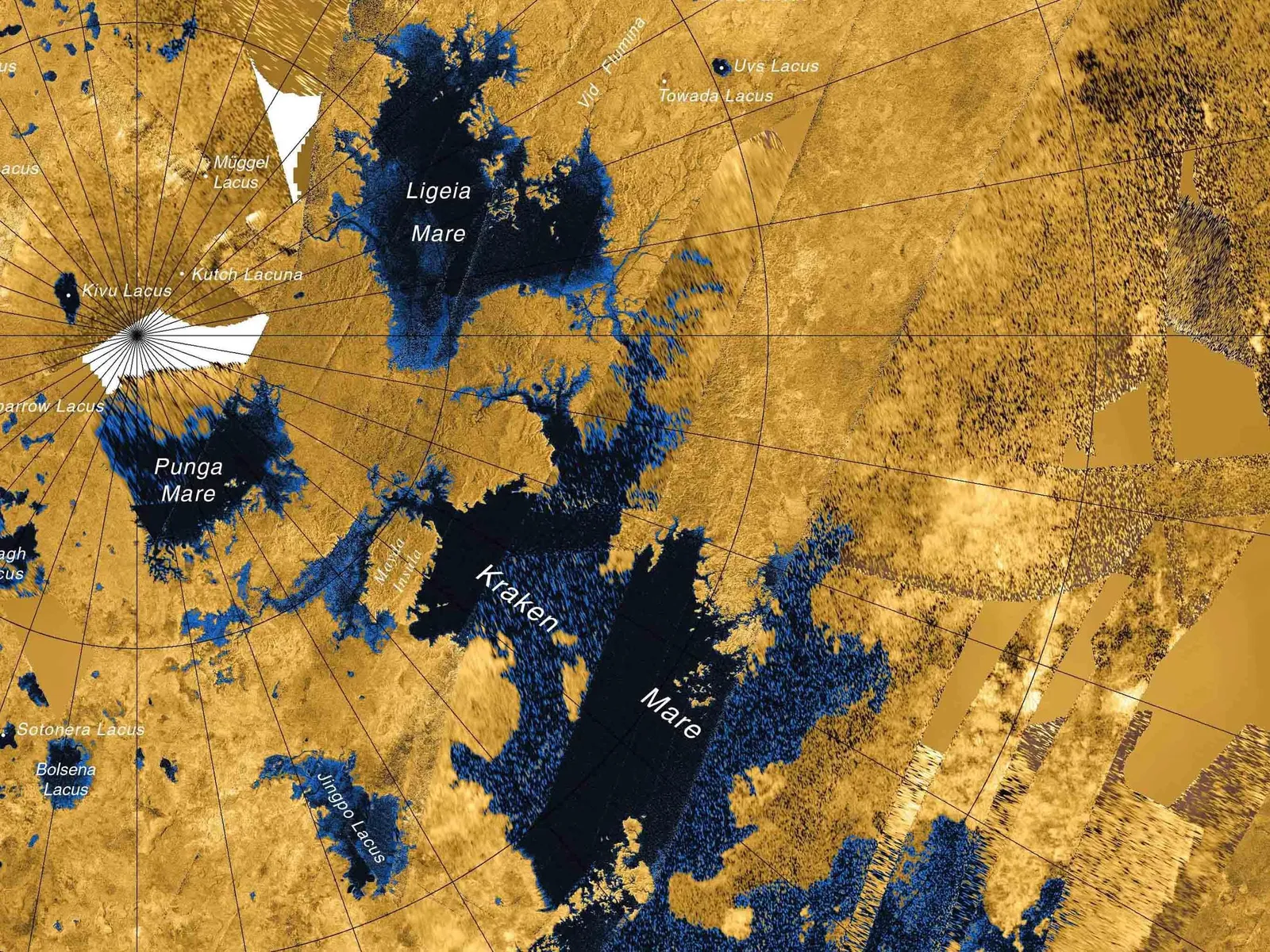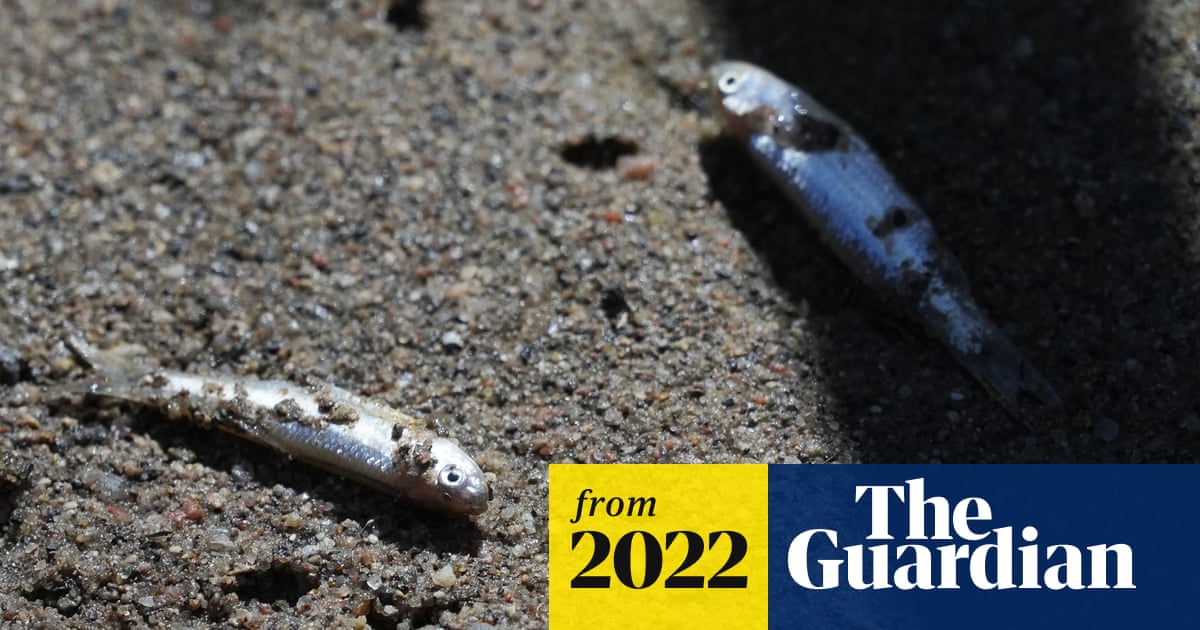JGalt
Diamond Member
- Mar 9, 2011
- 79,175
- 102,415
- 3,635
What is wrong? The headline?
Humans are not creating carbon, they are removing it from geological sequestration and releasing it into the atmosphere. Your subjective comment: "is much larger" is meaningless without a great deal more context. Human combustion of fossil fuels have produced a 50% increase in CO2, a major factor in the total greenhouse effect warming this planet. CO2, by itself, is responsible for 1.0 centigrade degree of the 1.1 centigrade degree warming (ie 91%) since 1850
The term "so accumulated" you've tacked on here doesn't seem to have any relevance to the rest of the comment. However, the majority of the CO2 humans have released is absorbed by the oceans but that most definitely has consequences. The ocean is being acidified by it, which is interfering with a host of biochemical processes critical to the health and reproduction of numerous marine species, particularly the fixation of calcium chloride by molluscidae and all organisms relying on exoskeletal structures. Secondly, the oceans are being warmed directly (by IR) and indirectly (by convection) by the same greenhouse process which is reducing its carbonate solubility and increasing the CO2 that the oceans are releasing back to the atmosphere.
I'm glad to see you agree it is affecting the climate. But your characterization here - if I'm not giving you too much credit - is disingenuous. 36.3 billion tons of CO2 were released to the atmosphere by the human combustion of fossil fuels last year. In 1920, roughly 100 years ago, that amount was 3.51 billion tons, 9.7% as much. GHG emissions has most assuredly not been constant over those 100 years.
We don't even have to stop increasing the amount we burn every year. But there will be consequences.
We HAVE been switching to smaller cars with smaller engines and the fuel efficiency of the average car has been dramatically increased. But there is already too much CO2 in the Earth's atmosphere. Even if human CO2 production were COMPLETELY STOPPED right now, warming would continue for several years and would require centuries to cool down to pre-industrial levels. Sea levels would continue to rise because current temperatures are causing ice melt from Greenland and Antarctica.
No, it's not.
The EPA's rules to limit the tailpipe emissions of greenhouse gases use MILEAGE requirements, not concentration levels. The latest rule will require passenger vehicles to get 55 mpg by 2026. The Clean Air Act of 1970, its several updates restricted the emission of common pollutants: nitrous oxides, particulates and hydrocarbons. It is not physically possible to reduce the amount of CO2 produced by the combustion of a given amount of gasoline and thus CO2 production is restricted through fuel efficiency requirements. Exhaust components are displayed on required "Fuel Economy Labels" which separately inform the consumer of a new vehicle's "GHG Rating" and "Smog Rating". CO2 makes up 99% of a gasoline-powered vehicle's GHG emissions, the rest being from methane (CH4). The Smog Rating is determined by levels of nitrous oxide, particulates, non-methane organic gases, non-methane hydrocarbons, carbon monoxide and formaldehyde.
There is no reason for this to be true. The same efficiency and mitigation measures, scaled for differing engine displacements, are available for different vehicles. If you disagree, please explain your reasoning here.
And why would that be? There is nothing intrinsically efficient or intrinsically less polluting about small engines.
The total emissions will certainly be higher in a larger vehicle with a larger engine. However, the larger vehicle has a higher passenger and cargo capacity. You may have seen a video that made the rounds several years back comparing the pollution consequences of transporting 40 school children in a poorly-tuned diesel-powered bus versus taking them all in a single, fuel-efficient VW Beetle (this WAS a few years back). The bus put significantly less pollutants (and GHGs) into the air than did the many separate trips the Beetle required. Now I fully agree that the common case of a single person riding to work in a Ford Expedition or Chevy Suburban versus four Gen-Xers crammed into a sub-compact hybrid or even riding their bicycles to the office is something to think about. But the American public would very likely find that restricting total emissions PER ACTUAL PASSENGER MILE, which is what would be required, far too intrusive. Better to allow social and indirect economic pressures move things towards the needed goal: the complete end of fossil fuel use.
Puny little sack of bones. Are you so full of yourself that you actually think you can have an effect over something as massive as the earth's environment? You're nothing but a quivering mass of cells that can't change anything one way or the other. Changes in atmospheric temperature and CO2 content have been going on long since you crawled up out the pond scum, and they'll go on long after you're nothing but dirt.


